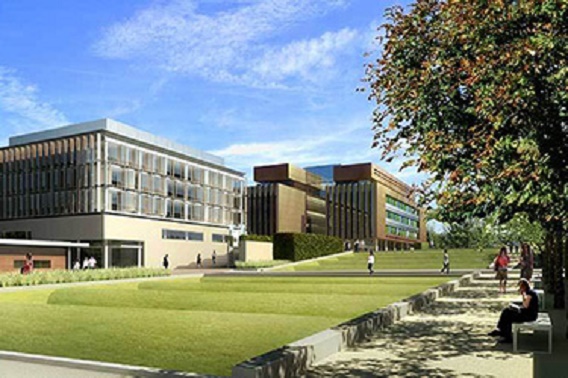University of Southampton: Increasing disconnect between home ownership and starting a family
A new study has found that the likelihood of owning your own home and becoming a parent has fallen in recent years, with young people just as likely to become parents while living in private rented accommodation. In previous eras, people were more likely to become parents after they became homeowners.
The research by the ESRC-funded Centre for Population Change (CPC) at the University of Southampton questions the usual assumption that people will own their own home before becoming a parent and suggests that increased uncertainty around housing may be the cause.
The study’s main findings show that the likelihood of becoming a mother while in owner-occupied accommodation has declined in recent years to the point that, from 2013, there is a clear change in the relationship between owning a home and becoming a parent: it becomes equally likely that a woman will become a mother while living in private rented accommodation. Up until 2012, the likelihood of conceiving a first child was significantly higher for homeowners compared with private tenants. The findings were the same even when the women’s socio-economic and demographic characteristics, including partnership status, education, employment status, income and parental social class, were taken into account.
Although the data do not show the underlying reasons, the researchers suggest that owning a home may now be in direct competition with the costs of having children. The majority of owner-occupied homes are purchased with a mortgage, and a higher proportion of income is now used to provide a deposit, service the debt, or to repay (at least partly) money loaned. Homeownership increasingly requires households to have a dual income; buying a home encourages women to attach themselves to the labour market. It could also be that homeowners have become a more select group due to the wider economic uncertainties in society – one characterised by an orientation toward career and material aspirations.
The CPC’s Professor Ann Berrington, who led the research, comments: “This disconnection between owning a home and becoming a parent has significant implications for parenthood in general. If it is the case, as we propose, that homeownership is increasingly competing with the costs of having children, then it is likely that those who do manage to buy a home might well postpone or even forego having children. So the families that people may have planned to have will be unfulfilled for many young people now reaching the traditional parenthood ages.”
As a result of houses becoming more unaffordable over time, homeownership rates, especially among younger people, have plummeted and the number of people living in private rented accommodation into their late twenties has increased. Private rental tenants have had, and continue to have, very few rights and are subject to upheavals and uncertainty. This may have traditionally put people off starting a family while living in rented accommodation.
Professor Berrington explains: “The private rental housing market in Britain remains un-family friendly, unregulated, and insecure. Housing uncertainty among private renters might arise from the threat of evictions, unregulated increases in rental prices, and the lack of rights around property maintenance and enhancement. What is particularly concerning for the parents of children in a private rental home is that moving house can require moving children from one school to another. With the rise in young people now more likely to be in private rental accommodation when they are of an age to start a family, it is vital that the government implements policies to improve the quality and security of private rented accommodation.
“Policies need to recognise and address the large regional disparities in housing affordability, for example by improving housing availability and affordability in high cost areas, while encouraging job formation in areas of the country where housing is more affordable.”

